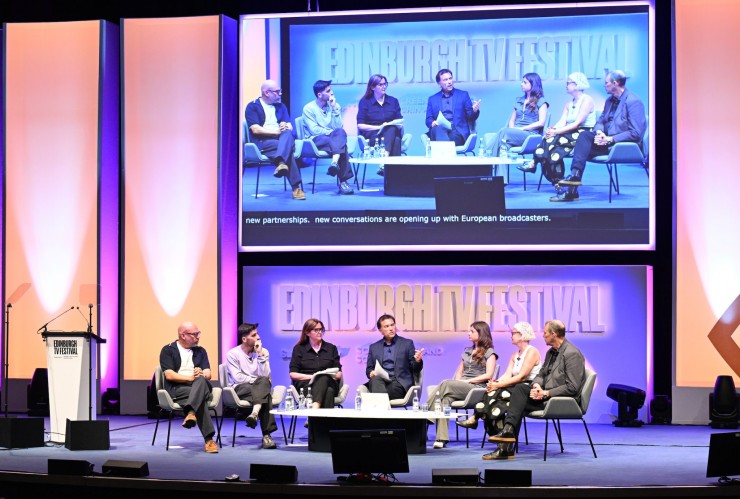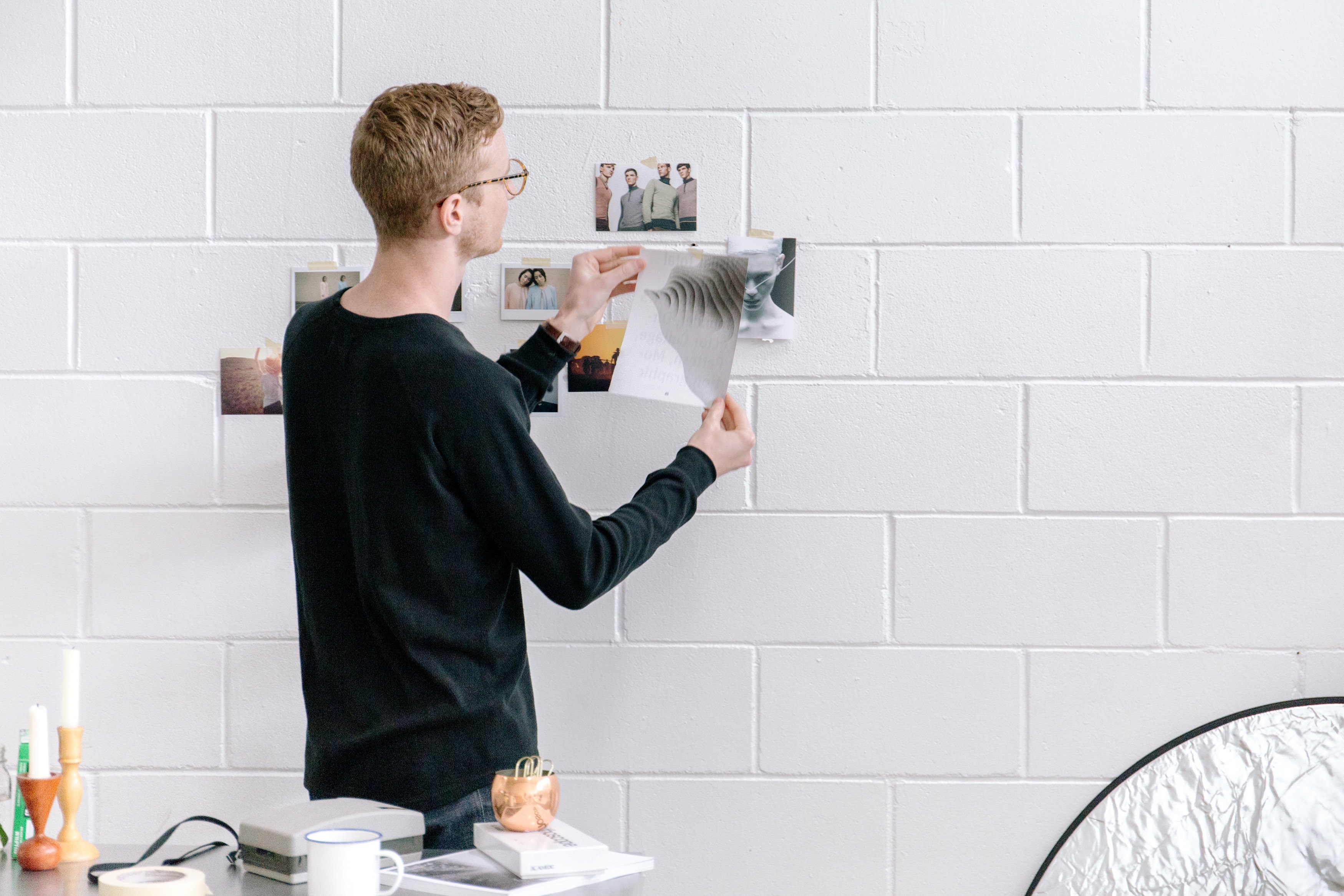Rising production costs and ‘cynical’ slow payments are leaving indies in the squeezed middle between broadcasters and freelancers.
Speaking on an online Edinburgh TV Festival panel entitled Who Wants to be an Indie Boss?, indie execs weighed in on the challenges they faced in the light of the covid-19 pandemic.
David Dehaney, who founded factual indie Proper Content three years ago, said broadcasters have overestimated the margins that their suppliers are making.
“They think we can help freelancers – and freelancers think we can help them too, leaving us squeezed in the middle,” he said.
“I have a number of part-time staff and as we’ve started up in production again, they’ve gone full time just because of the extra protocols in place now. I’m having ongoing discussions with broadcaster about this.”
Nick Curwin, who set up Dragonfly and then The Garden before founding indie consultancy Matisse, said that broadcasters have weathered a challenging year but some are risking production companies’ livelihoods by “cynical” slow payments.
He pointed the finger at Channel 4 in particular. “It’s in a precarious position but it’s part of its remit to look after the creative sector that it’s supposed to nurture,” he said.
“I am seeing quite a lot of examples of Channel 4 being slower with cash-flow projects and paying on time than in the past. It upsets me as it causes huge stresses, particularly to smaller indies’ bottom lines.”
Dehaney added: “It doesn’t matter how lean you are, if you’re not paid on time that has a massive impact. There’s not much in the well before the well runs dry.”
Indies welcomed instances when broadcasters have stepped in to help meet rising costs due to the extra time and processes needed to make productions Covid-compliant, though Dehaney said this had happened on only one of Proper Content’s current trio of productions.
Broadcasters’ attitudes towards such support are “a mixed bag”, agreed Avalon chief executive Laura Kennedy.
“It feels like a moving target as each broadcaster has a different approach,” she said. “We’ve experienced massive increases in costs in implementing the protocols alone, let alone health and safety equipment, personnel and extra days on the shoot. Particularly in the US, some buyers are willing to help but others have not.”
In terms of indie business models, panellists agreed companies need a mixed ecology to thrive in the current climate.
Dehaney said: “In year three, we made a profit, but it’s important to have some projects you can distribute, and have income that’ll help you in the future. It will become more challenging to spin a profit from UK broadcasters.”
True North co-founder Jess Fowle added that True North’s resilience laid in it self-reliance, as it operates its own post-production and music production divisions.
Kennedy said she had “never been more grateful” for Avalon’s business model, in which talent management sits alongside its TV production. “When we had to shut down one of our productions, it was invaluable to have other parts of our business operating.”

